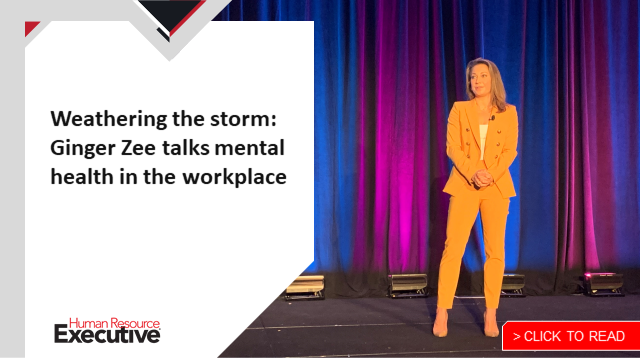Despite recruitment challenges, a rapidly changing market and heightened employee expectations, the majority of employers haven’t expanded benefits over the past year, new data finds.
More than half of employers (54%) have not expanded their offerings over the last year, according to a survey of 1,100 employees from the software firm isolved—a finding that is “very surprising,” one expert says, considering the competitive environment employers are in right now.
“No company is immune to today’s recruiting and retention challenges, yet many have not acted to be more competitive,” says Amy Mosher, chief people officer at isolved.
The survey also found that 82% of employees consider benefits to be part of their total compensation when deciding to accept a job offer or stay with their existing employer, “so whether they’re actively looking for a new position or passively being recruited, their benefits package matters,” Mosher explains.
 A combination of factors is likely causing employers not to expand benefits, including cost pressures and struggles with agility, digital readiness and speed.
A combination of factors is likely causing employers not to expand benefits, including cost pressures and struggles with agility, digital readiness and speed.
“We all remember going into the office one day and then being told to work from home the next [day] during 2020,” Mosher says. “Companies were forced to be agile in their processes and people management, yet agility in benefits and general employee experience isn’t the norm. They are not agile enough to adapt to the market.”
For instance, she explains, most companies haven’t reacted to rising inflation in real-time despite it being a major problem for employees. Inflation rose 8.6% year-over-year in May, the highest inflation rate since 1981, according to the U.S. Bureau of Labor Statistics. As a result, scores of employees are struggling with managing their expenses and stress is soaring.
While some employers are looking at ways to address surging inflation—like salary increases or benefits that can directly help an employee’s pocketbook—the help often comes too late for employees.
“In more traditional businesses, changes happen for the next year, not the year we’re in. Companies may be planning to get more competitive in 2023 but don’t have the growth mindset to make those changes today,” Mosher says.
The isolved survey also finds that employees aren’t getting the benefits they most want: While the commonly offered employee benefits of health and dental insurance and retirement plans are arguably the most important, they also are table-stakes. Employees said they also wanted such offerings as student loan debt relief, transit and parking reimbursement, and pet care benefits—none of which are being offered by their employer.
Employees also increasingly want:
- a comprehensive workplace wellness program (70% of employees think their employer should offer a wellness program that supports their physical, mental and financial wellbeing as all three impact their work, the survey found);
- caregiving benefits (42% say caregiver benefits are equally or more important this year than last year); and
- help to make charitable donations (48% say they’re likely or extremely likely to take advantage of charitable donations automatically withdrawn from their paycheck).
Another finding from the survey: The most unique benefit/employment perk that would motivate employees to apply for a position is a four-day workweek, followed by 401(k) matching and unlimited paid time off.
The survey findings all indicate that companies have work to do and “need to react and expand their benefit offerings,” especially if they want to keep their employees, Mosher says.
 Mosher says that competing factors—like employee dissatisfaction and the Great Resignation—will force HR and benefits leaders to take a hard look at their benefits packages or risk losing talent.
Mosher says that competing factors—like employee dissatisfaction and the Great Resignation—will force HR and benefits leaders to take a hard look at their benefits packages or risk losing talent.
“This year will be telling,” she says. “HR and benefits leaders need to curate data that will support their case for expanded benefits in 2023: Why are people leaving? Is it greater or different benefits they’re after—what are they stating in exit interviews? Why are people accepting positions? Does your company offer better or more flexible benefits than their last company? To truly make the case for more competitive benefits, HR and benefits leaders need reliable data.”
The post Most employers aren’t expanding benefits, in spite of retention woes appeared first on HR Executive.